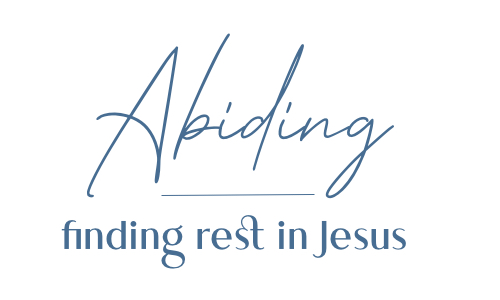Rebekah Hawk penned our devotional thoughts this week – be sure to head over to the contributor’s page to learn more about her.
When my husband and I began contemplating how God might use us to provide foster care in our community, we knew there would be a waiting period. We would need to wait till we could purchase a bigger home, attend the necessary classes, and receive the required certifications to be licensed foster care providers. Most of all, we would need to wait for the Lord’s timing.
Years later, we are still waiting. Sometimes I get discouraged because I think we should be farther down the road on this journey. In these quiet, soul-searching moments of agonized waiting, the Holy Spirit reminds me that I am in good company.
Joseph waited approximately thirteen years for his prophetic dreams to come true. Abraham waited twenty-five years for Isaac, the son of promise. Moses waited forty years to lead the Israelites out of slavery. David waited fifteen years to be crowned king of Israel, and Jesus waited thirty years to begin his public ministry.
I find it humbling and oddly encouraging that in the Bible, God called so many of His servants to incredible acts of service, and then required them to wait long periods of time before bringing His callings on their lives into fruition. Perhaps you also find yourself in a time of waiting: I pray you will be encouraged by what God is teaching me about waiting on Him.
- Wait in Hebrew is the word qava, which means “look for, hope, expect.” Joseph looked for his prophetic dreams to come true, Abraham expected God would fulfill His promise of a son, and David clung to the hope his anointing represented. Even though my current circumstances may not give any indication that we are closer to God’s calling for our family, I can wait expectantly, knowing and believing that God is working.
- Waiting can be painful, but that pain is profitable. Joseph’s years of waiting were filled with pain—rejection, separation from his family, slavery, false accusation, and being forgotten. David endured years of terrorized pain as he fled his father-in-law’s wrath, separated from his first wife, and running for his life with desperate men. Both Joseph and David teach me that the pain in waiting is purposeful preparation for the tasks ahead. Both men trusted God’s timing, and left vindication up to Him.
- Waiting is not wasted time. I think of it like waiting tables: a waitress constantly serves, expecting that her work is not wasted, and that her tip is coming at the end. Moses’ forty years in Midian spent serving his father-in-law and family were not wasted, any more than the time I am spending right now serving my family, friends, and church is wasted. Even though I cannot see how my “waitressing” fits into God’s master plan for fostering, I can trust that whatever He has given me to do right now is for my benefit and His glory.
May God strengthen our hearts as we wait on Him.


Recent Comments